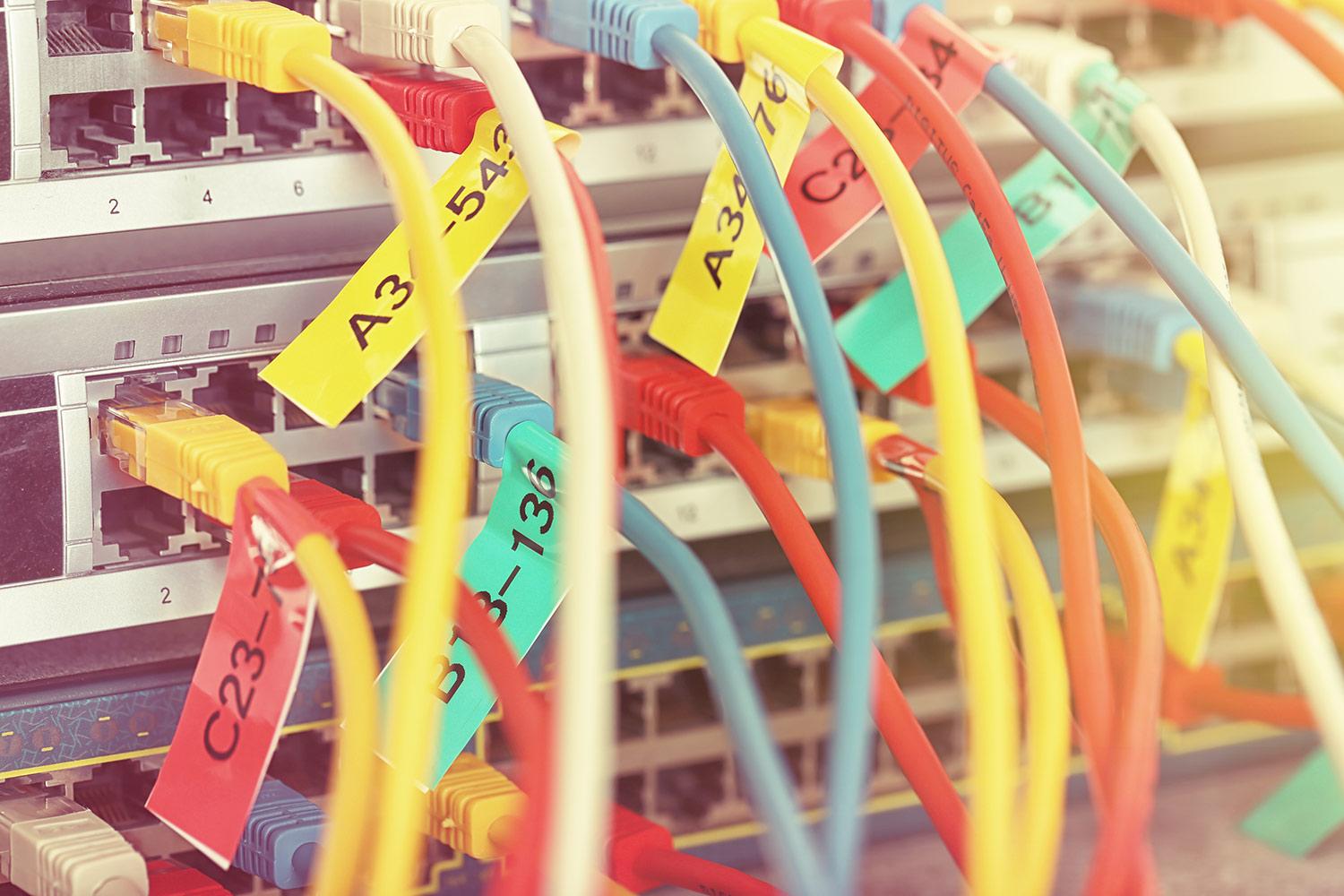
Friday Feedback
Todd Whitaker and School Culture - 1-21-2022
"School Culture ReWired" - Revisited
I'm currently taking a course through Drake University called Transformational Systems Leadership and we are reading the book "The New Economics" by W. Edwards Deming. The book essentially talks about how important it is to constantly educate ourselves on best practice and how imperative it is to work together for the common cause of our mission = collective beliefs and appreciation for our work and our system. Deming argues that systems succeeed or fail based on the level of cooperation and sharing going on within the system and requires learning and gaining new knowledge (best practice) constantly. I was reminded that in order for cooperation and collaboration to flourish, we must have strong and positive cultures first.
My favorite topic Todd Whitaker discusses are the behaviors of individuals which lead to a positive climate of a school and eventually a positive culture of the school; his stories of how he handled his "Negative Nelly" staff members in his schools are hilarious if they are in fact true ;)
Todd describes school climate as "our mood - how we feel around here". Culture is "the personality of the school". Climate can change pretty quickly with additions of new people or strategies for example; culture is the real "way we do things around here". At our BLT meetings we discuss and work diligently to keep our finger on the pulse of our climate and address frustrations in our climate early before they damage our culture and become barriers to learning.
One of my favorite examples of culture and climate change that Todd shares, is that of "the favorite aunt visiting for dinner". Like most families and many cultures, people have "roles and scripts that they have been following over many years". The favorite family aunt will change the climate of dinner time behavior immediately because there is someone "new" at the table and she's the favorite aunt. If the favorite aunt stays for a few days or more, the real culture of family dinner will show its true colors (good or bad); but being the favorite aunt, not the hairy smelly one as Todd says, she has a profound impact on the culture of the family over time because she is the favorite aunt that everyone respects and loves. The favorite aunt not only changes the climate but also the culture by implementing a few purposeful "moves" at dinner to change the climate into a new permanent more positive dinner culture.
Our Building Leadership Team is the team in our building who help to gauge our climate to make sure that our school climate never undermines our school culture. Culture is the foundation for our PLTs leading to high levels of learning and growth for all students. This is why we exist.
My challenge to each of us as we reflect and set goals with this fresh new year is to be thinking about one or two ways we can all contribute to a more positive climate ultimately leading to a more positive school culture. A positive school culture will result in happier kids, more joy in the profession, making great memoris and leading to tremendous growth and learning. Culture is the foundation.
What type of climate have you established in your classroom?
How are you contributing?
Relationships Come First...
AfterSchool Palooza "Lego Masters" Competition
Marzano's Steps to Being a Highly Reliable School
"The rich classroom climate mindset says, 'I focus on what students need to succeed and build it into the learning and social environment every day' " - Eric Jensen, "Poor students, Rich Teaching", p. 111
What's Coming Up?
Monday 1/24 - MS Boys Bball @ Pella Christian
Thursday 1/27 - 6th Grade Solo Contest
Down the Road...
Wednesday 2/2 - 8th Grade NAEP Test (selected students)
Monday 2/7 - No School - PD
What's the effect size of having a rich classroom climate?
Eric Jensen, "Poor Students, Rich Teaching" page 112




